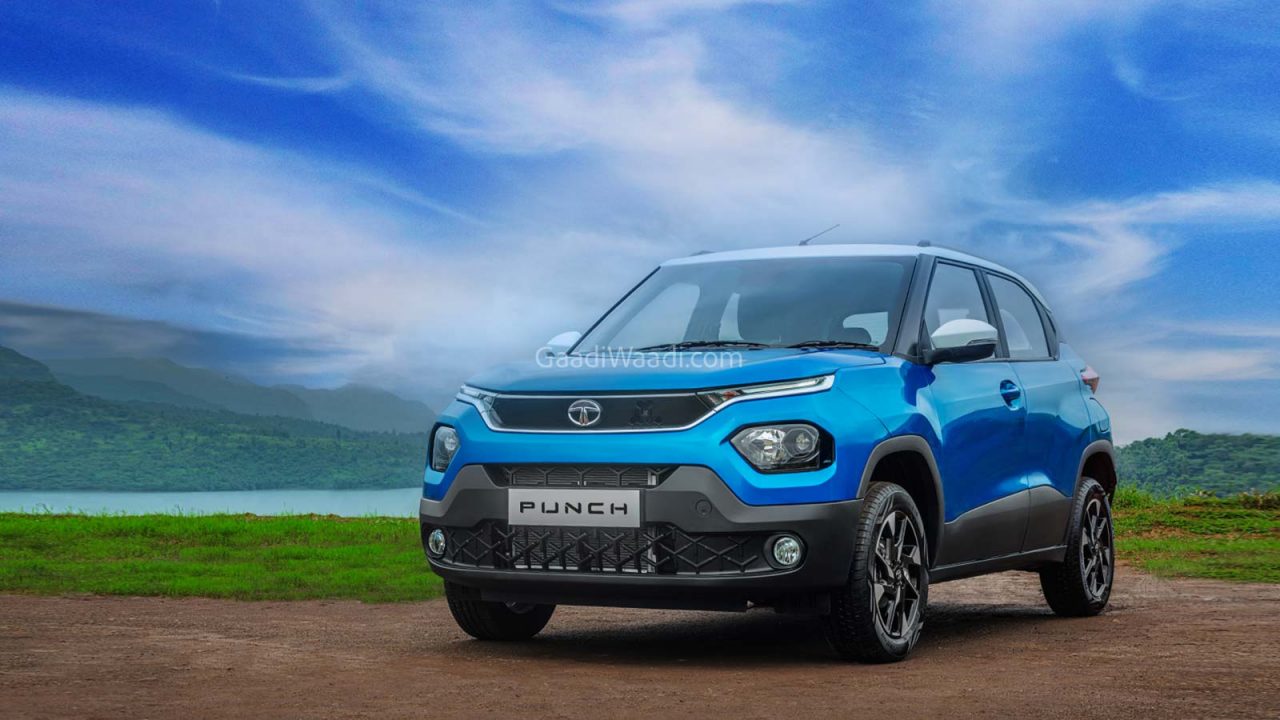EV Market: India’s electric vehicle market is undergoing a dramatic shift. Previously in Tata Motors’ control, the segment is now experiencing intense competition following the tie-up of Mahindra and MG to corner a massive 53% share. Fresh sales figures from June 2025 reveal how competitors are reconfiguring the electric vehicle battle, forcing Tata to reevaluate its steps.
June 2025 Electric Vehicle Twist
13,033 electric vehicles were registered in June 2025 in India. This is a whopping 78% rise over June 2024, though EVs still represent just around 4% of all passenger car sales. These figures establish that Indians are fast embracing EVs. The biggest shocker, however, is Mahindra and MG collectively surpassing Tata’s market share, putting the company in the backseat.
Tata Motors Brings Heat Upon Itself
Tata Motors, previously the EV market leader without any disputes, has now registered its sales to 4,664 units in June. That is just 2% year-over-year growth, while its share in the market declined to 35.8%, down from 62.7% last year. Even with hits such as Punch EV, Curvv EV, and Harrier EV, Tata is falling behind as new challengers emerge.
MG Motor’s Increasing Muscle
MG Motor India registered sales of 3,945 units, jumping with a whopping 167% annual growth. The company’s market share is now at 30.3%. Its Windsor electric SUV is in great demand, particularly in urban areas, following the success of ZS EV and Comet. MG is rapidly closing in on Tata’s EV scale with its new offerings.
Mahindra’s Electric Leap
Mahindra registered sales of 2,979 units with a shocking annual growth of 512%, taking a market share of 22.9%. Its BE 6 and XEV 9e electric SUVs have been noticed for daring designs and new technology, providing Mahindra with a big impetus in its EV plans.
How Other Brands Are Performing
Other manufacturers are also in the running, though on a smaller level. Hyundai retailed 509 EVs during June, a staggering 708% increase from last year. BYD performed well with 461 units, up 90% year-to-year, while Citroen was disappointing with only 80 units, lagging expectations for its eC3. Kia sold 41 units, also recording solid year-on-year growth.
BMW Leads Luxury EV Segment
In the premium space, BMW was a front-runner with 212 units sold, up 272% from last year. Mercedes trailed at 91 units and over 100% increase. Volvo and Audi, on the other hand, struggled to get enough customers in India, reflecting problems for these brands in expanding their luxury EV operations.

